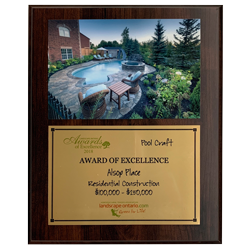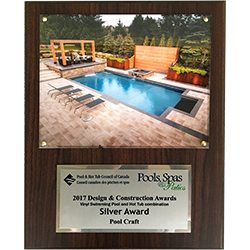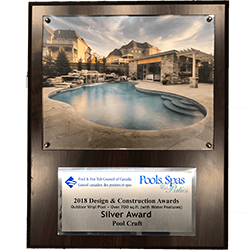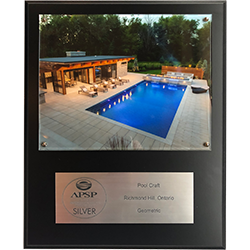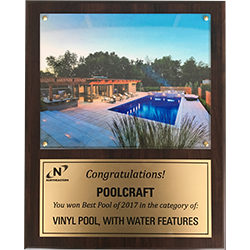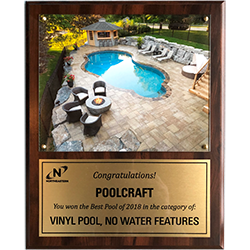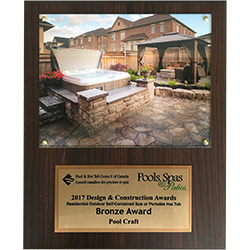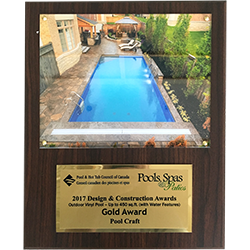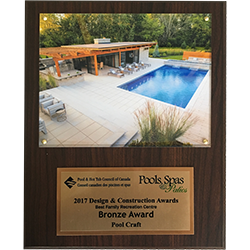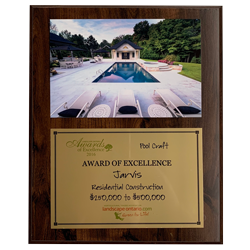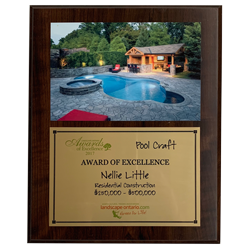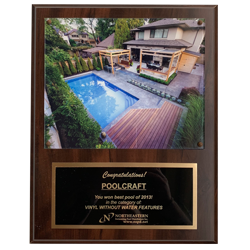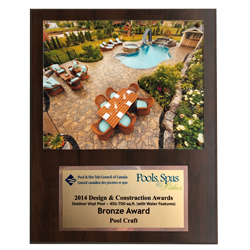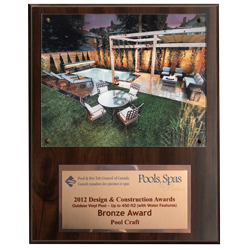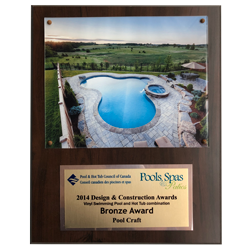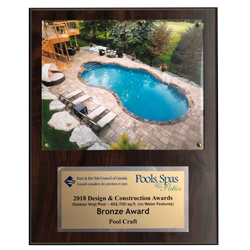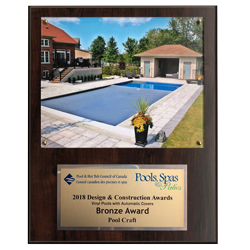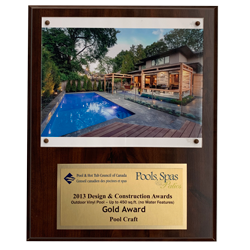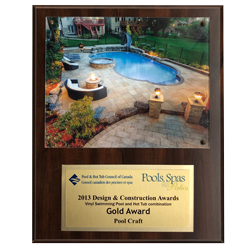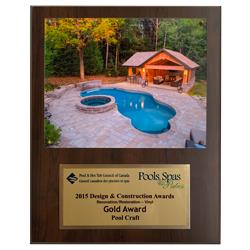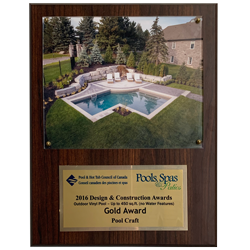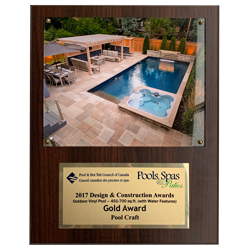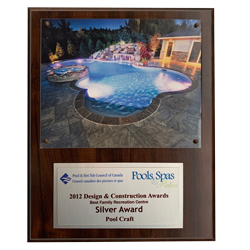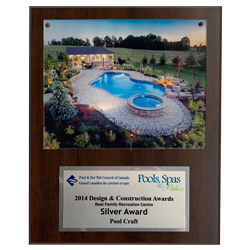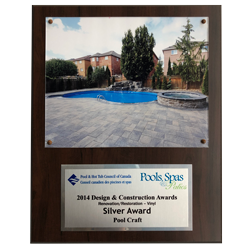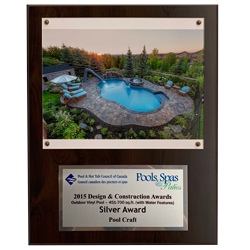After you’ve invested hours of research and careful planning to get your backyard swimming pool just the way you envisioned it, the last thing you want if for it to fall into disrepair.
After all, a swimming pool is a well-oiled machine — check that, a well-watered machine that requires your care and attention. The last thing you want is to go to the pool in the morning for a leisurely dip, only to find out that your pool water has taken on a queasy shade of green.
Read on for some helpful tips about how to troubleshoot and fix some of the common equipment found in every swimming pool.
Pool Pump
Your pump plays a central role in keeping your pool clean by circulating the water. That means that it doesn’t take very long for a broken pump to result in a messy swimming pool. If you notice that your pool seems to be a bit under the weather, you’re going to need to quickly diagnose the problem.
One of the more common problems you might face is a leaking pump. This is often the results of an improper fit with the o-ring or threads in the plugs. Fortunately, it is usually pretty easy to buy a replacement part — but it might mean dedicating a portion of your day to locating the specific problem.
Another common issue is when the pump fails to pull in water or “loses prime”. This is often because of too much air in the line. This can be fixed by filling the pump back up with water and quickly turning the pump back on. This may take 2 or 3 times before the pump begins to work again. It can also be caused by a clog in the system and clearing away any leaves or debris that might be jammed in the pipes can quickly resolve the issue.
Motor failure is also a possible problem. If you’ve made sure that power is being supplied properly to the pump but it still isn’t responding then you might need a replacement. Give the motor time to cool off and then give it another try — it may just be a temporary case of overheating.
There are a few different types of loud motor noises that your pool pump could be making as well. A screaming noise is the most obvious and is likely the result of bearings that need replacing. Noise caused by vibrations could be the result of either a blockage or cavitation, where the pump can’t pull up water fast enough. Do some quick troubleshooting right when you notice a problem — this will help you avoid any severe damages that could occur if the issue is left alone for too long.
Pool Filter
Your pool filter has the important job of removing debris from the pool and keeping the pool from becoming contaminated. If your filter fails, it won’t take long for your pool to become cloudy and potentially harmful to swim in.
It should be fairly self-explanatory that cracks or damage to the filter could cause problems. Whether the filter is struck by debris, the internal parts give way, or if it simply wears out due to use, this damage can ruin the delicate mechanisms and cause the filter to stop working properly.
If the pressure in the filter is too high or too low it will have a negative impact on its functionality as well.
Depending on the type of filter you have, you might also be dealing with having the wrong filter size or be in need of a new replacement cartridge. If your filter doesn’t seem to be doing its job and there is visible debris in the pool, it might be possible that it’s time to replace your cartridges or sand, depending on the filter type you have — or maybe to double check that your filter is correct for the size of pool you have. An undersized filter will run much less efficient and will cause constant problems with water clarity.
Pool Heater
The problems that seem the most simple are often the most infuriating. If your pool heater won’t turn on the first step is to check the connections, even if you’re already pretty sure that they are tight. After this, you may have to check the filter to make sure it is clean and enough flow is being allowed into the heater, or diagnose parts individually until you discover the source of the problem.
If your pool heater provides inadequate heating then you’ll want to make sure the filter isn’t dirty. Another possibility is that the heater isn’t rated for the size of the pool and simply can’t provide enough heat.
Noise in a pool heater can be caused by debris in the system, low flow, or part failure. Make sure to leave the heater unplugged and powered off for some time before inspecting for blockages or debris.
Robotic Cleaners
If your robot pool cleaner is moving erratically then your first course of action should be to check to make sure the power supply is connected properly. If there are no problems here, then the cleaner may have some wear and tear that is affecting smooth motion.
When you first use the robotic cleaner you may have a problem with it not laying flat on the pool floor. This is often simply because the brushes have not yet softened in the water, and the problem will fix itself if you wait for some time.
If your pool cleaner is not climbing pool walls you may be dealing with a problem with the pump motor or propeller. Before breaking the bank, however, you’ll want to make sure that you’re operating within all the expected parameters. For example, using a cleaner when the water is overly cold may be the reason it struggles to operate as normal.
A robotic cleaner that is flipping over may be doing so as a result of air in the system. All air should be removed when introducing the cleaner to the water. Another potential reason for this is if a high water level leads to the cleaner hitting the coping and flipping upside down.
Safety & Winter Covers
Many problems with swimming pool winter or safety covers come from having an improper fit. A cover that is too small will become stretched over time, which will lead to fraying or rips.
Extra pressure or weight on the cover, caused by ice, water or debris that has collected in the middle will stretch the cover over time, especially if it is allowed to sit there for months. Carefully clear away collected debris on a regular basis to avoid this problem.
Wind is another common enemy of pool covers. This can be because it gets under the cover and causes it to flap around, adding extra stress. Alternatively, wind also can wreak havoc by blowing branches onto or across the cover.
Lastly, local wildlife can do a number on a pool cover if squirrels, birds and other small animals scramble across the cover to get berries or acorns that have fallen onto it. Over time they can create small rips in the fabric that can grow into a hole over time.
Talk to the swimming pool experts
When in doubt, simply give Pool Craft a call! Whether you have a question about the required maintenance for a specific part of your pool, or if you’re looking for a solution to a problem, we can share the expertise we’ve learned over our years of service.
To reach us, either pick up the phone, use our online contact form, or just drop by our retail store!

